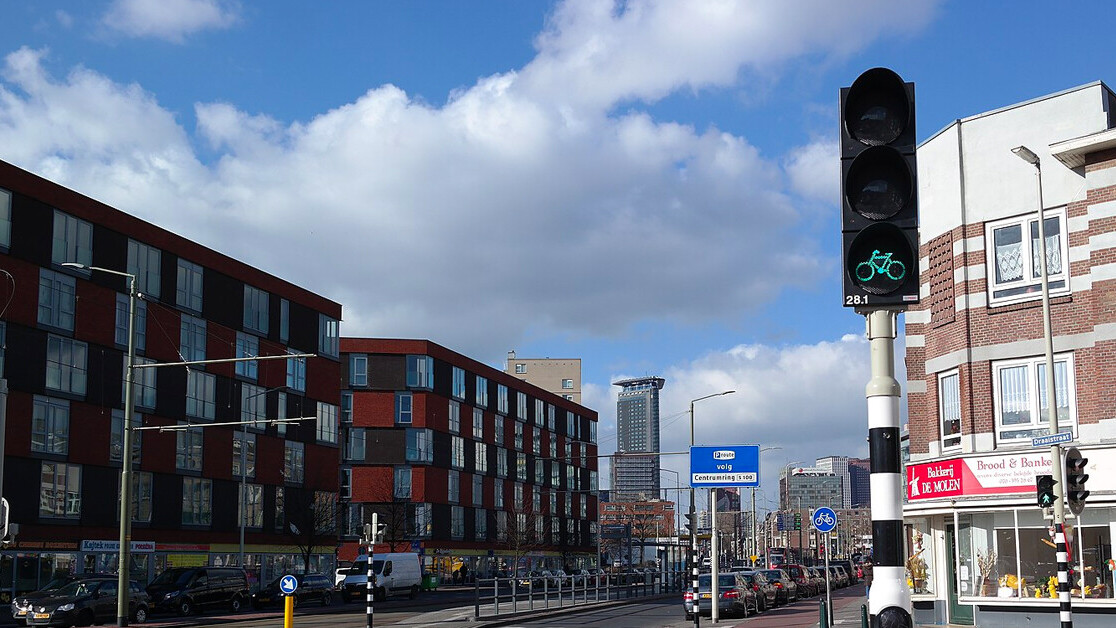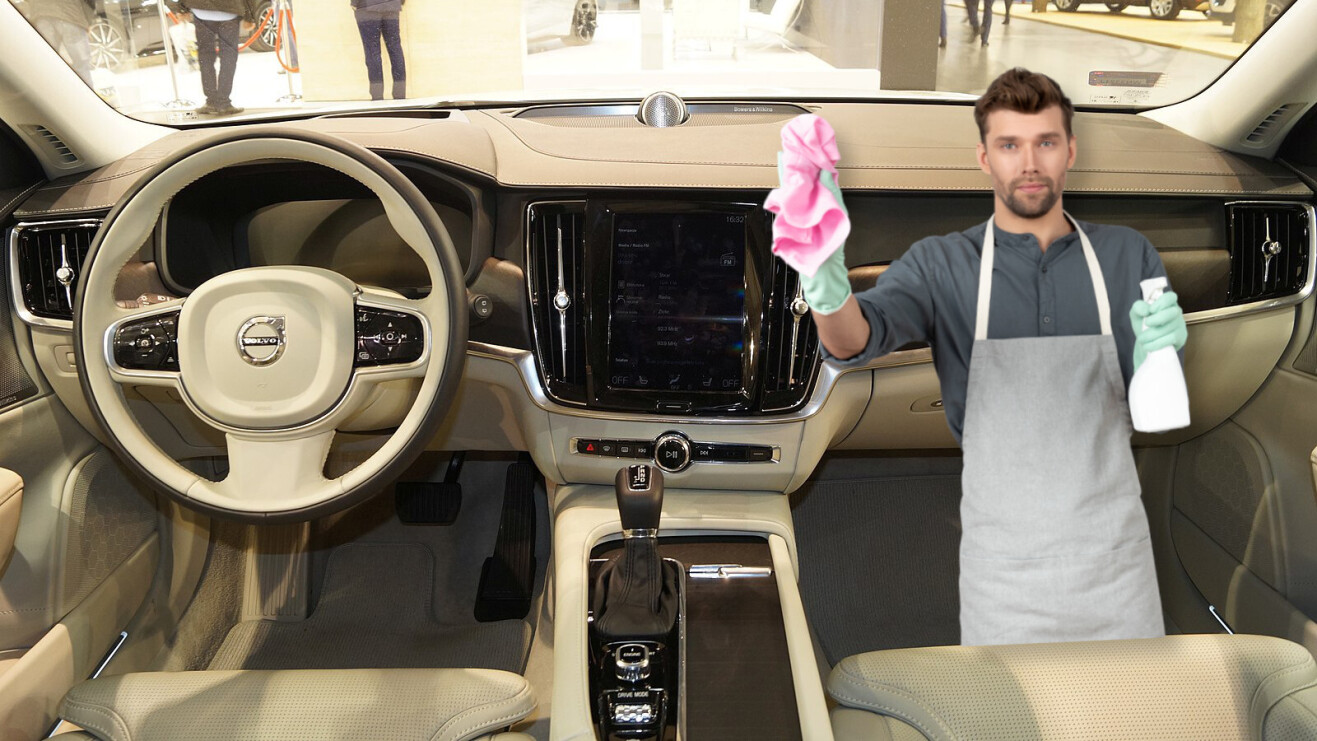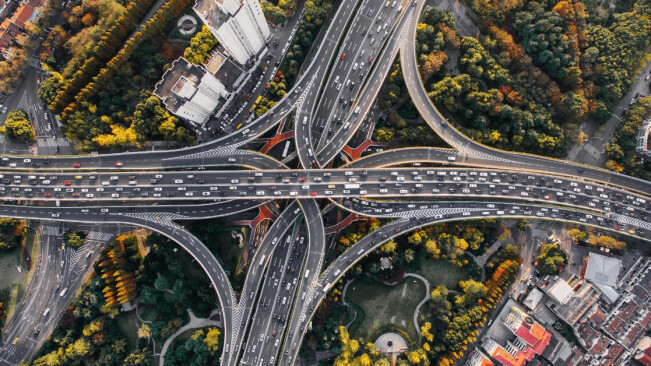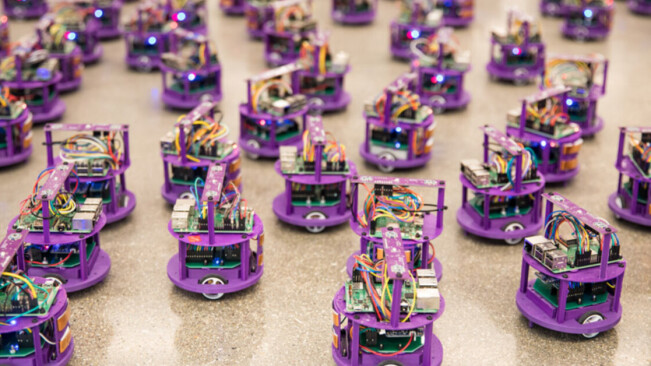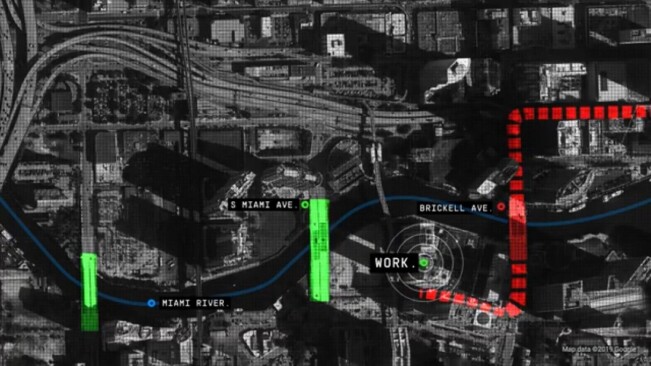All Articles for
Traffic Congestion
Traffic congestion is a condition on road networks that occurs as use increases, and is characterized by slower speeds, longer trip times, and increased vehicular queueing. The most common example is the physical use of roads by vehicles. When traffic demand is great enough that the interaction between vehicles slows the speed of the traffic stream, this results in some congestion.

